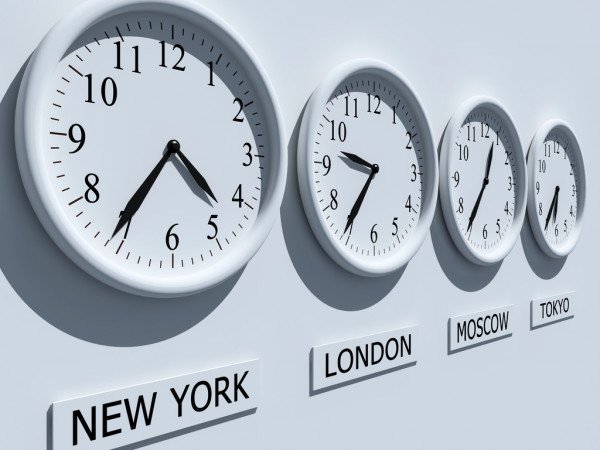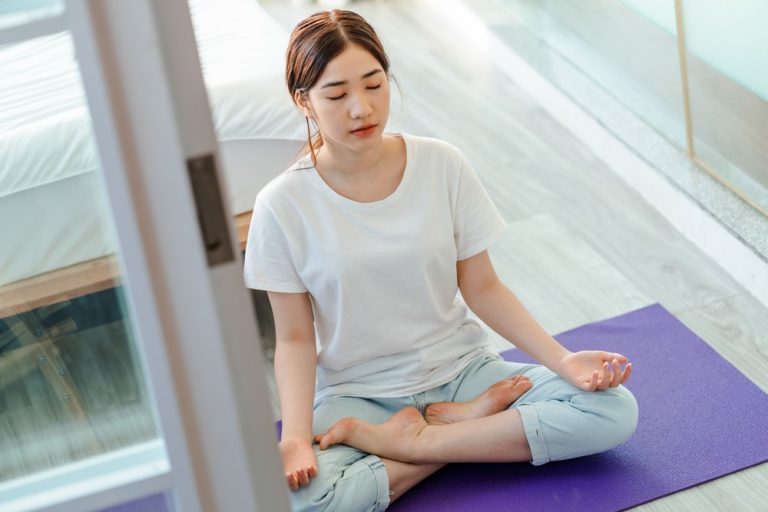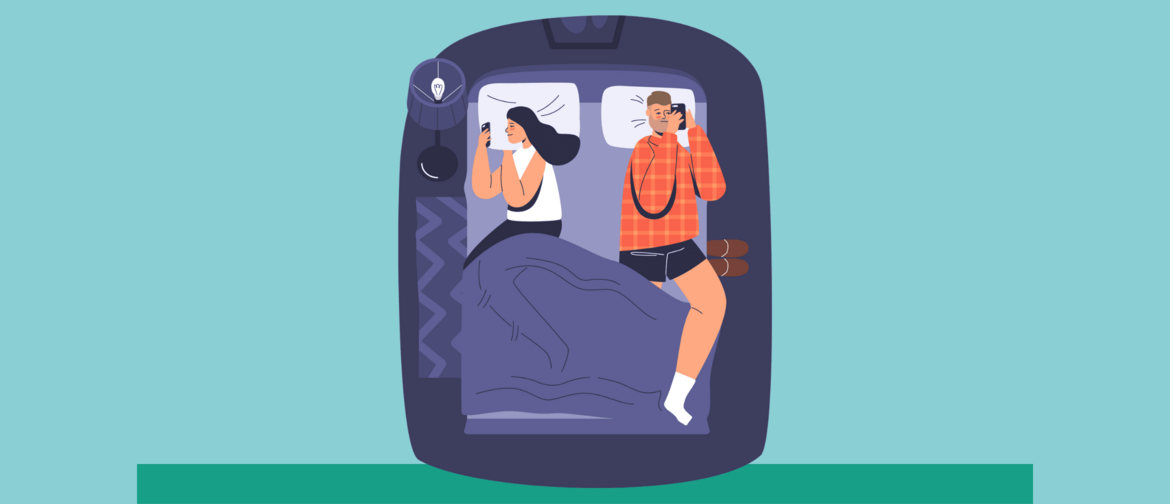Trying to sleep while on the road or in a new place?
You’re not alone; travel can play havoc on your sleep schedule.
You can travel and sleep without taking medication. This way, you will feel refreshed and ready for more adventures when you land.
Let’s find out.
You’re not alone; travel can play havoc on your sleep schedule.
“Not being able to sleep is terrible. You have the misery of having partied all night… without the satisfaction.”
LYNN JOHNSTON, CANADIAN CARTOONIST
Reasons for Difficulty Sleeping While Traveling
Traveling can be an exciting and rewarding experience, but it can also lead to sleep deprivation.
Whether you’re on a business trip or vacation, many people find that they have trouble sleeping in unfamiliar places. This can leave them feeling exhausted and unable to enjoy their time away from home.
We’ll explore why travelers find it hard to sleep at night.
Changes in environment and routine
When we travel, our bodies are exposed to different light, temperature, humidity and noise levels than what we’re used to at home. This can disrupt our natural sleep-wake cycle, making it difficult to get enough rest.
In addition, the disruption of our normal routine can also cause difficulty sleeping when travelling. Even small changes such as eating later than usual or drinking more coffee than you usually would can affect your body’s internal clock and make it harder for you to fall asleep.
Jet lag and time zone changes
Jet lag is a common issue for travelers.
When you cross several time zones, your body’s internal clock gets thrown off balance and it can take days to adjust. This can lead to difficulty sleeping as well as fatigue, irritability and other symptoms.

Discomfort in transportation or accommodations
Being uncomfortable in your transportation or accommodations can also make it hard to sleep away from home.
In an unfamiliar environment, you may be more aware of every sound, movement and discomfort which can lead to sleepless nights. Other factors such as allergies, heat or coldness may also affect your slumber when travelling.
Noise and unfamiliar sounds
Noise and unfamiliar sounds can be a big issue for travelers who find it difficult to sleep in a new place.
From traffic on the street to people talking in the hallway, there are many different noises that may keep you awake at night when travelling.

Anxiety or Stress
Anxiety and stress can also be a major cause of insomnia when travelling.
Whether it’s the fear of missing a flight, worry about an upcoming meeting or simply feeling overwhelmed by an unfamiliar environment, these emotions can keep you awake for hours.
Tips for Better Sleep While Traveling
Fortunately, there are various steps you can take to get better sleep when travelling.
Create a comfortable sleep environment
To help you relax and fall asleep more easily, it’s important to create a comfortable sleeping environment away from home.
Make sure to bring your own bedding accessories like pillow or blanket. If there is noise, use earplugs to block it out. You can also adjust the temperature in your room and make sure you have good lighting.
Stick to your schedule
To help you adjust to a new time zone more quickly and sleep better when travelling, it’s important to stick to your normal schedule as much as possible.
Try to go to bed and wake up at the same times each day, even if you’re feeling jet lagged or tired from sightseeing.
Relax before bed
After a long day of travel, the mattress looks like a lifesaver. Unfortunately, it is often difficult to fall asleep when you are in a strange new place. To help get your mind and body ready for restful sleep, it’s important to take some time for relaxation before bed.
Reading a book, listening to sleep music, or doing deep breathing exercises can help you relax before bedtime. This will help you fall asleep quickly and get rid of any stress from the day.
Exercise during the day
Studies indicates that exercise during the day can help you sleep better at night. Even a few minutes of light physical activity such as walking, stretching or yoga can make a big difference in how well you rest when travelling.

Adjust to the new time zone before arrival
Traveling to a new time zone can be an exciting experience, but it also comes with many adjustments. To make the transition smoother, it’s best to adjust to the new time zone before actually arriving. This way, you can hit the ground running with your travel plans and feel more energized throughout the duration of your trip.
To achieve this, try gradually changing your sleep/wake times prior to travel and take several naps during the day right before departure time. By taking these steps, you will arrive feeling ready to enjoy all that your travel has to offer.
Conclusion
Traveling certainly can be tiring and disorienting if we don’t get the sleep that we need.
It’s important to prioritize rest while on the road, so that you come back home feeling refreshed and ready to take on life!
We want to know – how do you overcome difficulty with sleeping during travel?
Let us know in the comments below.







